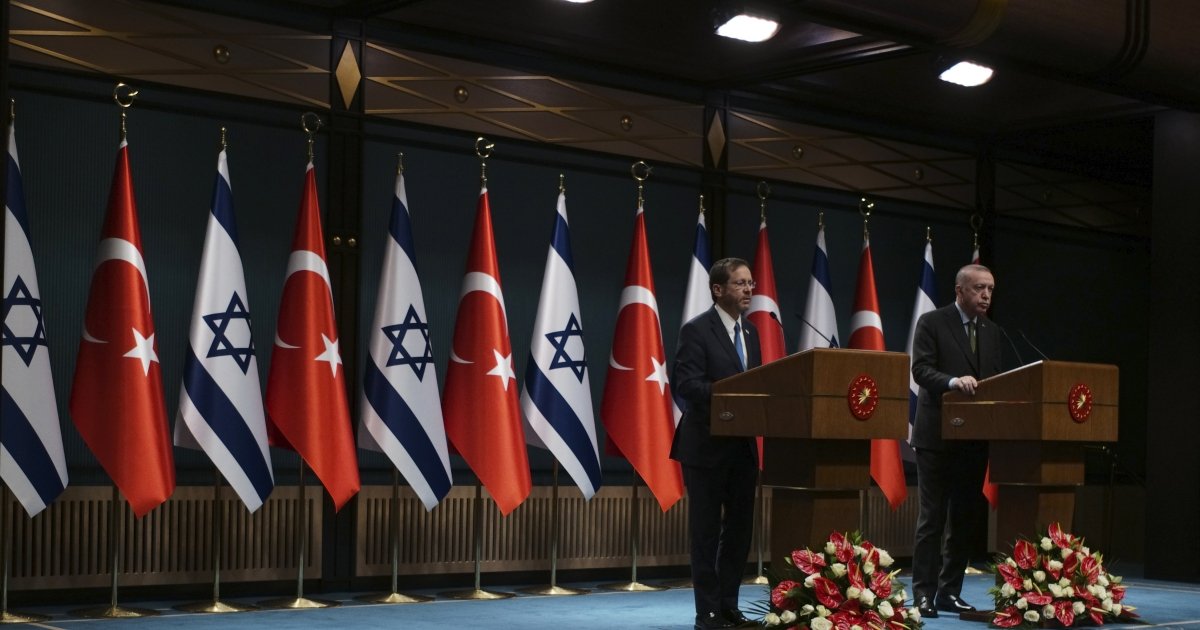Turkey set for boost after Russia removed from bond indexes
Turkey is set to benefit after Russia was removed from emerging-market bond indexes last week following US and European Union sanctions that limited trading liquidity.
The nation’s weighting in both JPMorgan Chase & Co’s flagship index and Bloomberg’s benchmark jumped the most among remaining constituents to about 4% on March 31. Turkey now ranks seventh in both gauges, with newly-issued sovereign debt among the biggest additions.
The rebalancing is likely to drive inflows as more index-tracking funds seek to buy Turkey’s bonds, and that may help lower borrowing costs.
The boost comes as emerging-market borrowers compete for a diminishing pool of funds after investors pulled more than $15bn this year amid the war in Ukraine and a broader selloff, according to Bank of America Merrill Lynch’s analysis of EPFR Global data.
“When an index weight of a country increases, in most cases it provides short-term boost to its credit spreads,” said Sergey Dergachev, senior portfolio manager and head of emerging market corporate debt at Union Investment Privatfonds in Frankfurt, which has €427bn ($465bn) in assets under management. “There are many passive benchmark-oriented investors who will adjust their portfolio holdings to benchmark and will chase that country’s index eligible bonds.”
The risk premium on Turkey’s debt has fallen to the lowest since November in the past month, according to JPMorgan index data. Foreign investors bought a net $104mn worth of Turkish bonds in the week ending on April 1, the first inflows since mid-November, according to the weekly central bank data announced on Thursday.
Russia’s removal boosted the weightings for 52 of 70 developing countries in JPMorgan’s benchmark, which is tracked by $822bn in assets. Turkey’s share increased the most because it has a lot of eligible dollar debt that proved mostly resilient to this year’s selloff. It also increased issuance this year, while total EM foreign debt sales dropped.
Bloomberg’s index added $25bn worth of corporate and sovereign dollar bonds, including $2bn of newly-sold Turkish government debt.
The bond index adjustments contrast with MSCI’s benchmark EM index for equities, where Turkey’s share has stayed at less than 0.3%.
Meanwhile, Russia’s share of Bloomberg’s bond index had already fallen to about 2% on February 24, when it invaded Ukraine, from more than 16% a decade ago, when it competed with Brazil for the top spot. It had been losing market share since an earlier round of sanctions in response to its annexation of Crimea.
“For borrowers, being part of the index is a de facto seal of approval, which opens access to a larger pool of relatively sticky capital,” said Ivailo Vesselinov, chief strategist at Emso Asset Management. “Higher weightings imply a relatively higher allocation of the capital dedicated to that portion of the asset class.”


